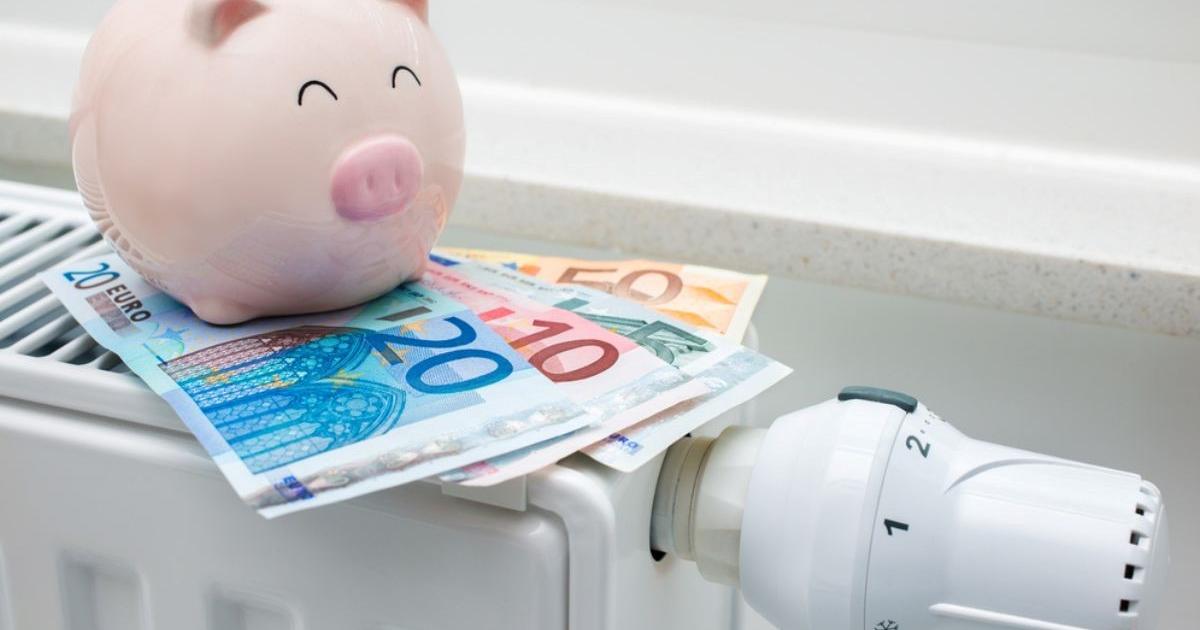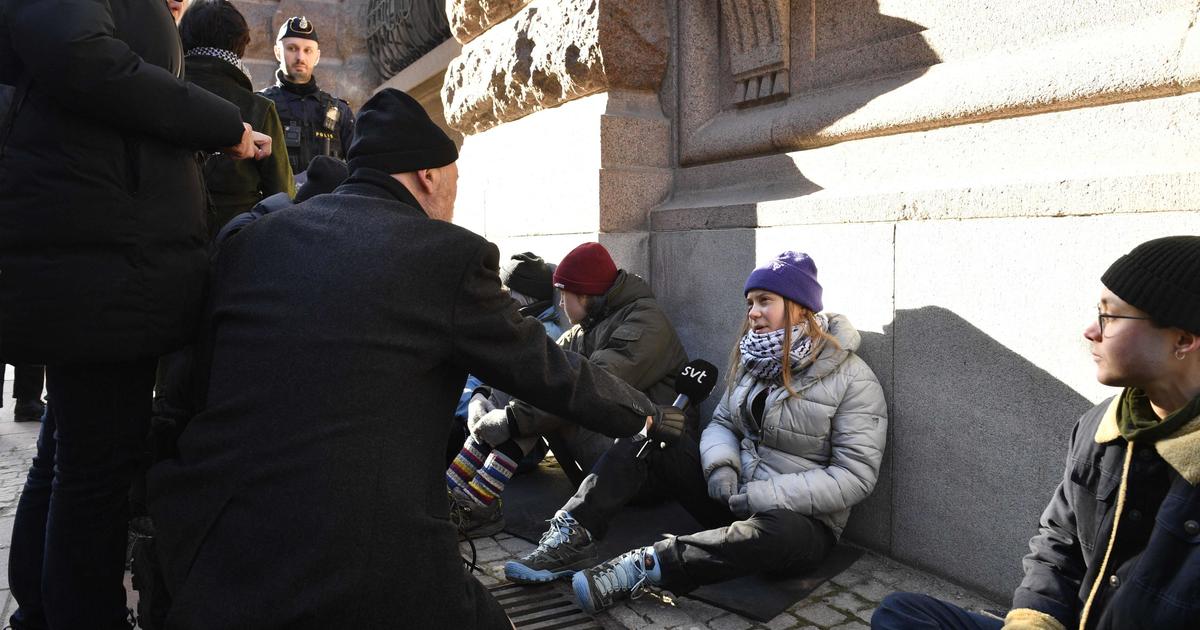Dear reader,
A good month has passed since the EU Commission ennobled natural gas as a climate protector.
Under certain conditions, investments in fossil fuels are to be considered "sustainable" in the future; as a bridging technology into the age of renewable energies, it was the ideal candidate par excellence.
Everything has changed since Putin's attack on Ukraine - at least when it comes to Russian gas, which accounts for around half of German imports, people in Germany and Europe now want to become more independent as quickly as possible.
However, the politically necessary reassessment is bearing strange fruit.
Brandenburg's Prime Minister Dietmar Woidke (SPD) felt compelled this week to question the coal phase-out by 2030 again, with reference to the state's energy security.
Saxony's Prime Minister Michael Kretschmer (CDU) - like Woidke in the past not exactly a euphoric supporter of the coal phase-out - is now demanding that one should "put the blinders aside when it comes to lignite and nuclear power" and discuss the exit decisions anew.
You have to know that almost 28 percent of the electricity generated in Germany in 2021 came from coal-fired power plants.
Part of the coal to be burned has to be imported, half of it from Russia.
Wanting to solve one crisis (Russia) at the price of escalating another (climate) is anything but sustainable policy.
However, even climate minister Robert Habeck explains: "In the short term, it may be that we have to keep coal-fired power plants in reserve to be prepared for the worst, maybe even have to run them." Security of supply comes before climate protection, according to the Green politician.
An apparent contradiction, by the way, which is as wrong as it is absurd.
Longer lifetimes for nuclear power plants are threefold difficult
The idea of letting the climate-neutral nuclear power plants run longer instead is threefold difficult.
German power plant operators have not procured any new fuel elements for years because they assume that the service life will come to an end.
And new ones can often not even be procured months in advance.
In addition, because of the agreed phase-out of nuclear power, many employees will change jobs or take early retirement at the end of the year.
They are difficult to replace at key points.
In addition, there would have to be extensive safety checks and, if necessary, retrofitting if the reactor were to be operated for a longer period of time, which cost time and money.
But what can be done in concrete terms in the precarious situation?
In 2021, the European Union will import around 140 billion cubic meters of gas per year, the International Energy Agency (IEA) calculates in a report this week.
Without going back to coal, this demand could be significantly reduced with a ten-point plan.
"Taken together, these steps could reduce the European Union's Russian gas imports by more than 50 billion cubic meters, or more than a third, within a year," according to the IEA.
These included, for example, the accelerated replacement of gas boilers with heat pumps, stricter specifications for energy efficiency in buildings and industry and the accelerated provision of new wind and solar projects.
All of this requires rapid government action, money and at least some time.
Not so suggestion number nine: Consumers should temporarily lower their heating thermostat by one degree in order to reduce gas consumption immediately.
In the EU, the average temperature in heated buildings is 22 degrees Celsius, according to the IEA.
According to the calculation, if consumers forgo one degree of heat, this would result in immediate annual energy savings of around ten billion cubic meters of natural gas, two degrees less would save twice as much, and so on.
If you own a gas heater, you can reduce the gas demand quickly and unbureaucratically with a careful grip on the thermostat, protect the climate and save money at the same time.
And 21 degrees room temperature even pass as warm.
Political activism has probably never been more comfortable.
If you like, we will inform you once a week about the most important things about the climate crisis - stories, research results and the latest developments on the biggest issue of our time. You can subscribe to the newsletter here.
The topics of the week
New report by the Intergovernmental Panel on Climate Change: "We only have a small time window"
"In Germany we are poorly prepared for extreme weather": The Intergovernmental Panel on Climate Change warns of the consequences of climate change.
Adapting cities and coasts to extreme weather could still save many people.
Reactions to the IPCC climate report: four minuses for the federal government
"Everything has been said - now it's time for action": Environmental and climate protectionists react to the new world climate report.
The federal government also falls far short of its own ambition.
LNG imports and nuclear power plant runtimes: these are our alternatives to Putin's gas
The federal government is arming itself for the time without Russia's energy supplies.
Even nuclear power plants could run longer so that Germany doesn't freeze next winter.
Is safety now more important than climate protection?
Controversial CCS technology: will we soon need CO₂ repositories in Germany?
In a good 20 years, Germany should no longer emit any greenhouse gases into the air.
But some emissions cannot be avoided.
Therefore, underground CO₂ storage is becoming increasingly likely.
50 years of »Limits to Growth«: »Humanity must finally understand that we only have one earth«
This book came as a shock: In 1972 »The Limits to Growth« was published.
Here, German co-authors Erich Zahn and Peter Milling explain how the Club of Rome study came about – and how the planet can still be saved.
Reconstruction aid: G20 countries miss opportunity for "green recovery" after the pandemic
According to a new study, the most important industrialized countries spend only a fraction of the money for reconstruction after the pandemic on sustainable projects.
Several billions flowed into climate-damaging sectors of the economy.
Dispute over distance rules: How Bavaria is blocking wind power expansion
The energy transition is becoming a question of national security.
But what if all federal states had strict rules for wind power like Bavaria?
Energy transition: government wants to increase the capacity of offshore wind farms ninefold
According to SPIEGEL information, the expansion of offshore wind farms is to be massively accelerated.
Tenders are to be brought forward, environmental assessments to be bundled.
Infrastructure for hydrogen is also being planned.
"Climate Report" podcast: How is the world solving its container ship problem?
Cargo ships emit tons of greenhouse gases.
The industry wants to become climate-neutral by 2050.
You can hear how this is supposed to succeed and what role sails and hydrogen play in the »Climate Report«.
Stay Confident
Yours, Kurt Stukenberg









